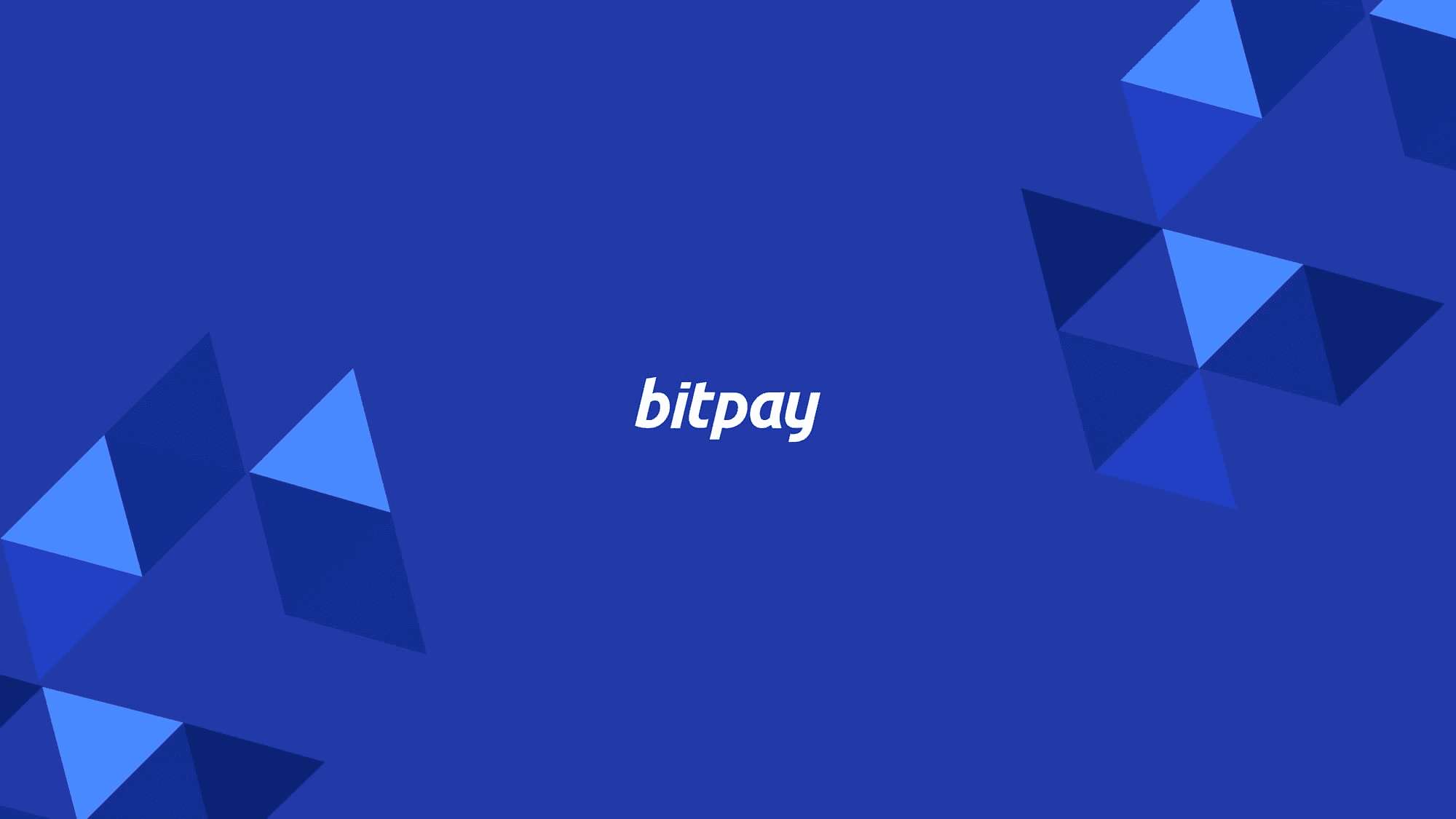March 23, 2013
How FinCEN Guidelines Affect BitPay
We have received numerous industry and press inquiries as to how the March 18 Guidance from FinCEN regarding virtual currencies would affect BitPay.
FinCEN's guidance that "virtual currency" is a type of money and should be treated like "real currency" is a step in the right direction. We have always worked under the impression that virtual currency is money, so we are glad that FinCEN now agrees with that position.
The heart of FinCEN's guidance recommends that activities which are classified as Money Services Businesses (MSB) or Money Transmission Businesses (MTB) should be applied equally to both real currency and virtual currency. Therefore activities such as remittance, payroll, and check cashing would be regulated whether the type of money is real or virtual.
We should pay close attention to footnote #10 of the guidance, which states:
10 FinCEN's regulations provide that whether a person is a money transmitter is a matter of facts and circumstances. The regulations identify six circumstances under which a person is not a money transmitter, despite accepting and transmitting currency, funds, or value that substitutes for currency. 31 CFR § 1010.100(ff)(5)(ii)(A)-(F).
Looking up the six exemption circumstances in 31 CFR § 1010.100(ff)(5) will return the following:
(ii) Facts and circumstances; Limitations. Whether a person is a money transmitter as described in this section is a matter of facts and circumstances. The term "money transmitter" shall not include a person that only:
(A) Provides the delivery, communication, or network access services used by a money transmitter to support money transmission services;
(B) Acts as a payment processor to facilitate the purchase of, or payment of a bill for, a good or service through a clearance and settlement system by agreement with the creditor or seller;
(C) Operates a clearance and settlement system or otherwise acts as an intermediary solely between BSA regulated institutions. This includes but is not limited to the Fedwire system, electronic funds transfer networks, certain registered clearing agencies regulated by the Securities and Exchange Commission ("SEC"), and derivatives clearing organizations, or other clearinghouse arrangements established by a financial agency or institution;
(D) Physically transports currency, other monetary instruments, other commercial paper, or other value that substitutes for currency as a person primarily engaged in such business, such as an armored car, from one person to the same person at another location or to an account belonging to the same person at a financial institution, provided that the person engaged in physical transportation has no more than a custodial interest in the currency, other monetary instruments, other commercial paper, or other value at any point during the transportation;
(E) Provides prepaid access; or
(F) Accepts and transmits funds only integral to the sale of goods or the provision of services, other than money transmission services, by the person who is accepting and transmitting the funds.
We have highlighted exemptions (B) and (F) which describe the activities performed by BitPay. The IRS has defined rules for classifying Payment Processors, or Payment Settlement Entities (PSE) in 2008 with the Internal Revenue Code 6050W. This ruling and others clearly state that Payment Processors and Payment Settlement Entities are not Money Transmitters.
BitPay has a contractual agreement with our sellers for transaction processing, clearance, and settlement of funds that arrive for a given merchant account. BitPay does not have any contractual agreement with any sender of funds, and does not engage in any activities that would be considered Money Transmission activities.
BitPay has voluntarily registered with FinCEN in 2011, so that we have an online account to electronically report any suspicious activity that may arise. However, to date we have not seen any suspicious activity and have not filed any reports. All of our merchants are identified and we know their bank account information, so there is little likelihood for someone engaging in criminal activity to use our service.
On a side note, FinCEN may want to get clarification from Ben Bernanke, who says that gold is not money.
Note: All information herein is for educational purposes only, and shouldn't be interpreted as legal, tax, financial, investment or other advice. BitPay does not guarantee the accuracy, completeness, or usefulness of any information in this publication and we neither endorse, nor are we responsible for, the accuracy or reliability of any information submitted or published by third parties. Nothing contained herein shall constitute a solicitation, recommendation, endorsement or offer to invest, buy, or sell any coins, tokens or other crypto assets. BitPay is not liable for any errors, omissions or inaccuracies. For legal, tax, investment or financial guidance, a professional should be consulted.




